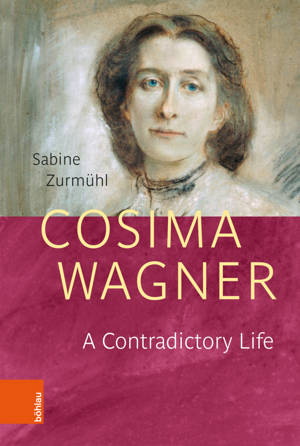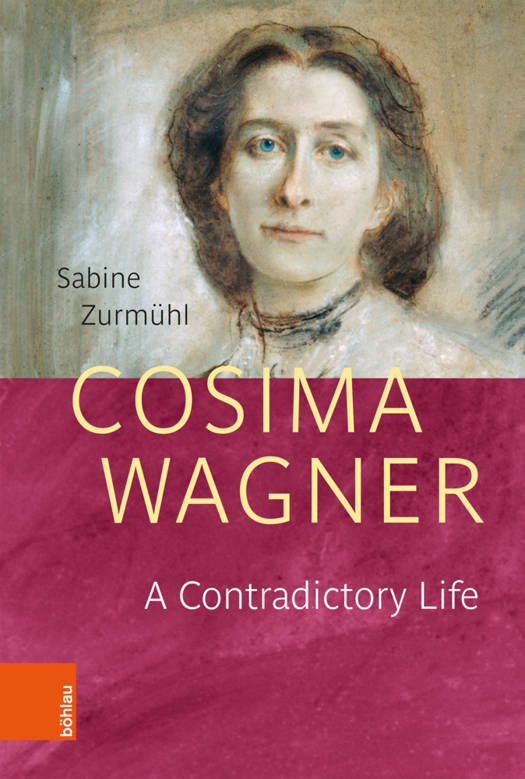
- Afhalen na 1 uur in een winkel met voorraad
- Gratis thuislevering in België vanaf € 30
- Ruim aanbod met 7 miljoen producten
- Afhalen na 1 uur in een winkel met voorraad
- Gratis thuislevering in België vanaf € 30
- Ruim aanbod met 7 miljoen producten
Zoeken
Omschrijving
By approaching her subject from thirty-three different angles, Sabine Zurmühl is able to paint a more finely differentiated portrait of Cosima Wagner than the one proposed by most modern observers, who see her overwhelmingly as the epitome of anti-Semitism and artistic obstinacy. Her long and disjointed life was beset by multiple scandals and was notable for its many upheavals, requiring her to be fluent in several different languages. The daughter of the internationally acclaimed pianist Franz Liszt and the French aristocrat Marie d'Agoult, she married the conductor Hans von Bülow before taking the bold decision to embark on a scandalous affair with Richard Wagner, whom she protected and supported on his journey towards international recognition. On Wagner's death she set the Bayreuth Festival on a sound financial footing and in doing so rewrote the history of the theatre. Passionate, persistent, independent and unerringly clear-sighted, she became an object of public interest who led a provocative life of her own choosing, while ignoring the prescribed rules and norms of her day.
Specificaties
Betrokkenen
- Auteur(s):
- Vertaler(s):
- Uitgeverij:
Inhoud
- Taal:
- Engels
Eigenschappen
- Productcode (EAN):
- 9783205223764
- Verschijningsdatum:
- 13/07/2026
- Uitvoering:
- Paperback

Alleen bij Standaard Boekhandel
+ 88 punten op je klantenkaart van Standaard Boekhandel
Beoordelingen
We publiceren alleen reviews die voldoen aan de voorwaarden voor reviews. Bekijk onze voorwaarden voor reviews.







